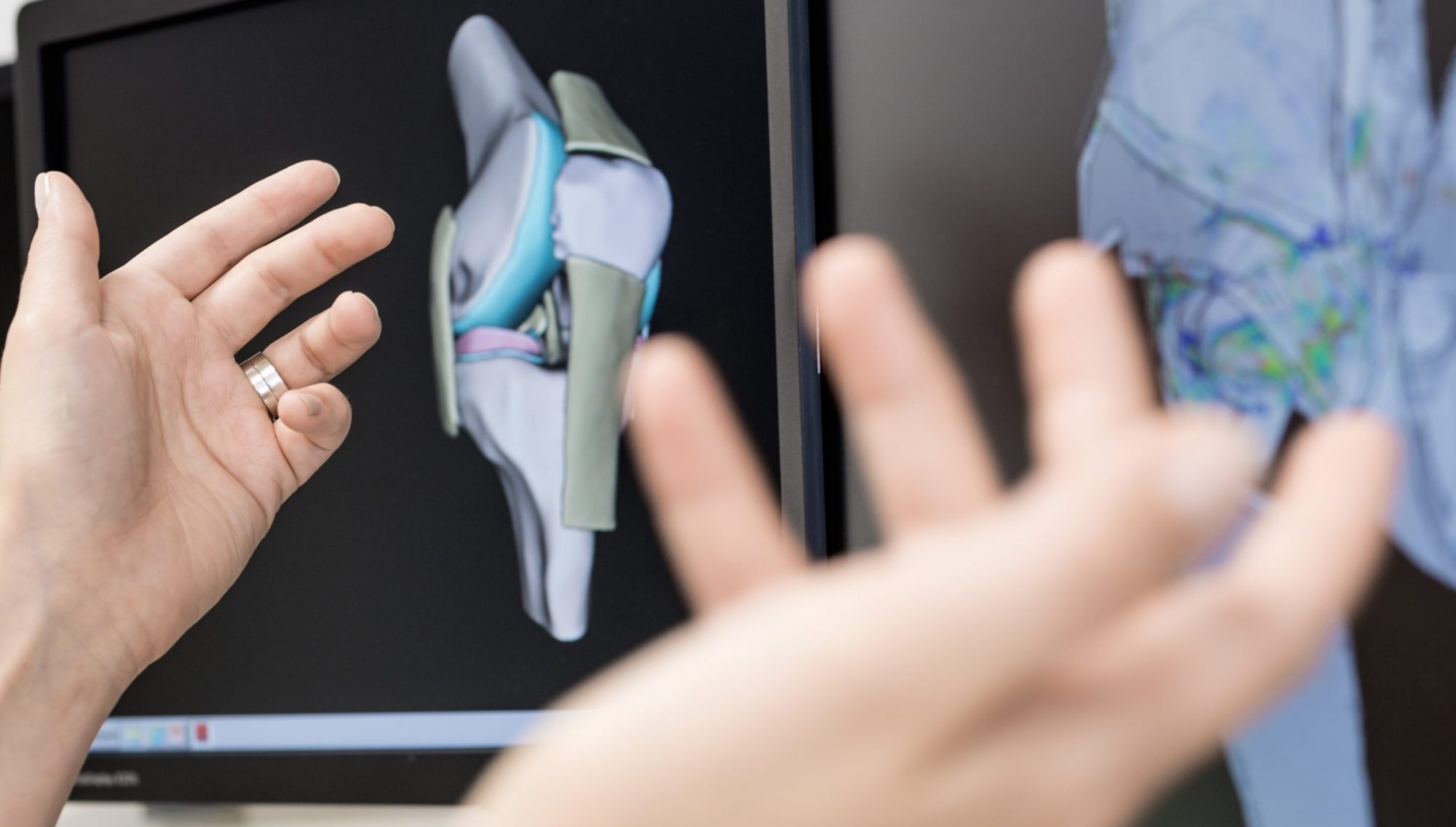Professor Jari Hyttinen, Tampere University, Faculty of Medicine and Health Technology, Finland
“Body on-chip systems for future personalized medicine”
Precision medicine emerges on the use of novel personal data. In-vitro cell and tissue models are emerging to offer patient cellular and organ functions to test drugs or to model diseases in test tubes. Human induced pluripotent stem cells (hIPSC) derived from patient own cells provide means to produce most cell types and thus provide means to make patient specific in-vitro models of patient cells and tissues. These models integrate in addition to cell technologies, many biomedical engineering technologies from biomaterials, microfluidics to bioimaging. In addition, computational “in-silico” models can be used to augment our understanding of the biological functions and the diseases or drug effects.
We are in process to upgrade our 2D in-vitro cell culture models to 3D body-on-chip platforms including environmental control and functional sensing methods. For example, we have developed methods to assess the cellular functions based on electrophysiological sensing and developed imaging methods to assess functions of hIPSC cardiac cell with simultaneous assessment of electrophysiology such as Calcium and voltage transients as well as mechanobiology in vitro. Further, we have developed in-silico models of various cellular function including multi-cell-type neuronal networks and in-silico population models of the hIPSC cardiomyocytes. We have also demonstrated the power of in-silico as possible pre-screening method for drug effects prior to in-vitro examinations using populations of models concept generating thousands of cell models in computer.
With integration of novel engineering we have demonstrated the power of combined in-vitro and in-silico methods for future precision medicine.
Professor Jussi Tohka, University of Eastern Finland, A.I. Virtanen Institute for Molecular Sciences, Finland
“Machine learning in neuroimaging”
Professor Tohka’s research focuses on developing new methods to analyze imaging data and developing machine learning approaches for predicting the course of brain diseases at individual level. He received his PhD degree (with commendation) in Signal Processing from the Tampere University of Technology, Finland, in 2003. He was a post-doctoral fellow in the Laboratory of Neuro Imaging, University of California, Los Angeles, USA, and thereafter held various research positions – including a highly regarded Academy of Finland research fellow position – at the Department of Signal Processing, Tampere University of Technology, Finland until being affiliated with Universidad Carlos III de Madrid as CONEX professor in 2015 – 2016. He has published over 90 full-length research articles in refereed international journals or conferences and supervised 8 PhD theses to completion. Several software tools developed by him and his team are in wide use in medical imaging laboratories around the world.

